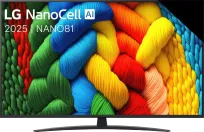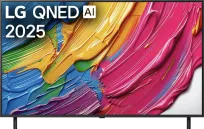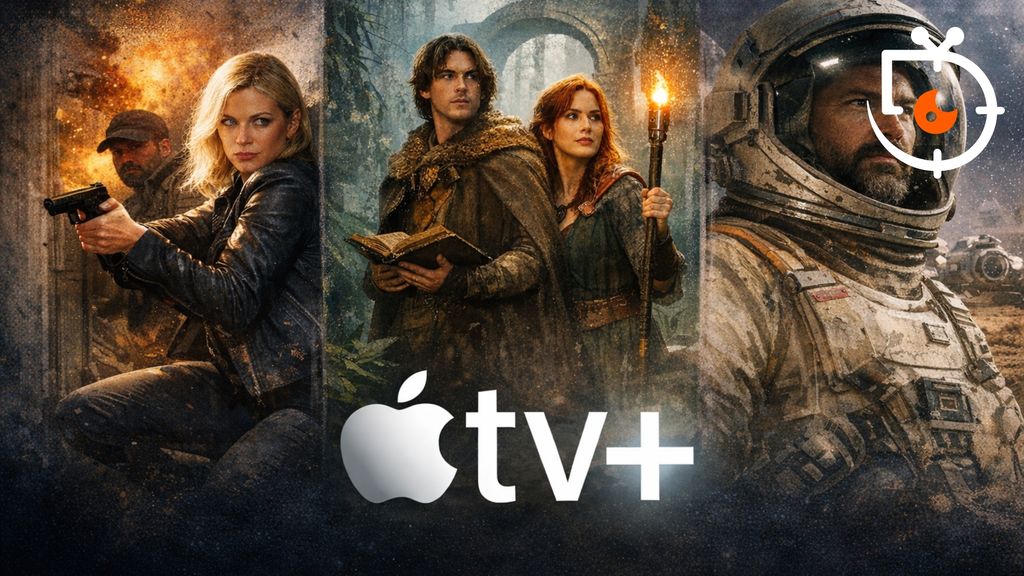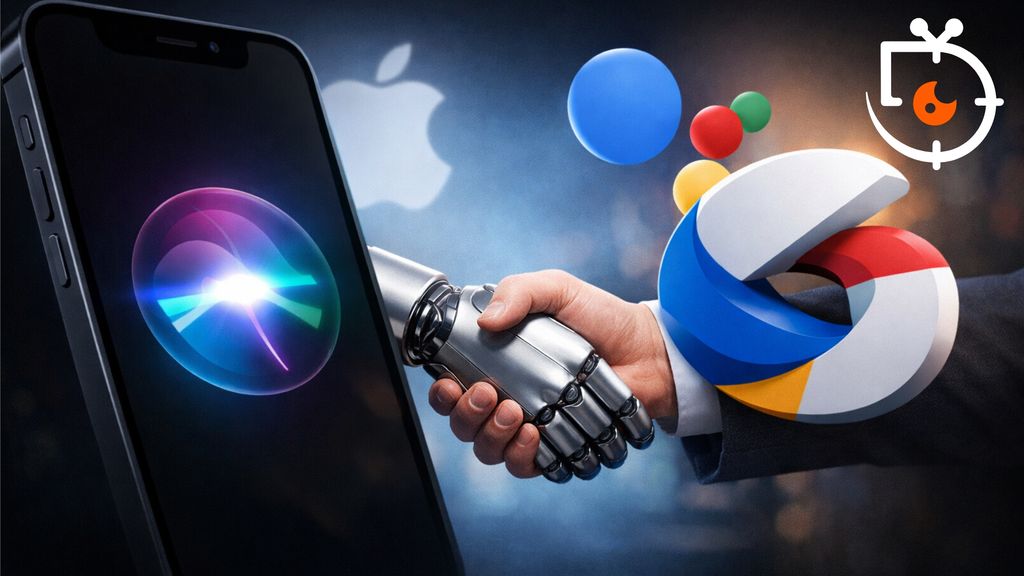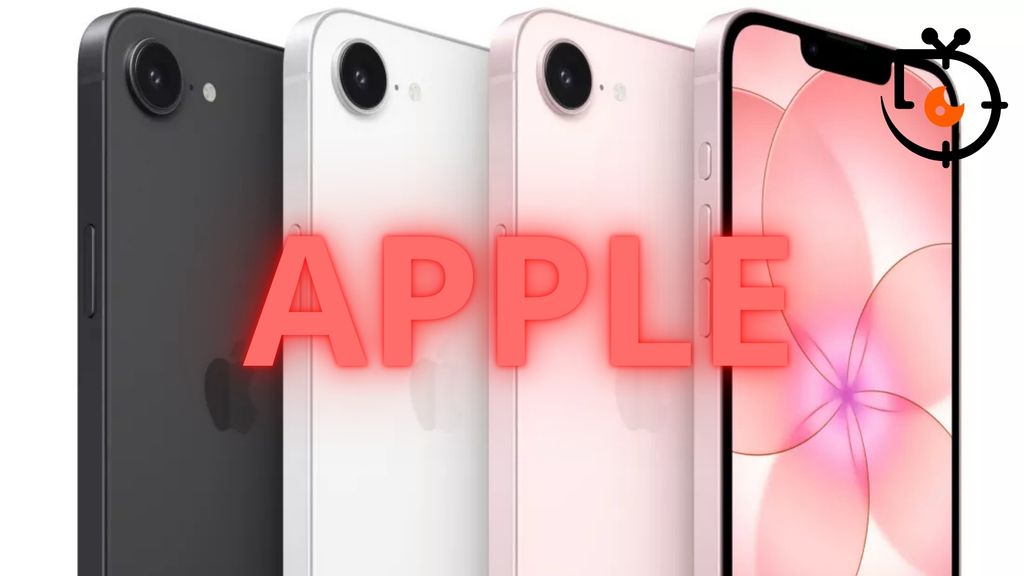
ChatGPT today is something more than a bot. In just two years, it has become one of the most commonly used AI tools in the world. But OpenAI has much bigger ambitions for it — and specific plans have just leaked.
From a document created in 2024, which emerged during the Google antitrust case, we learn that OpenAI does not want ChatGPT to simply be helpful. It is meant to be Your main interface to the internet. An assistant that not only answers questions but also understands you, anticipates needs, and acts on its own — like an intelligent, empathetic person with a laptop at hand.
"We want ChatGPT to help you throughout your life — wherever you are," the document states.
This means one thing: ChatGPT is supposed to take notes from your meetings, manage presentations, check in on friends, and suggest where to eat along the way. And this is not a futuristic vision — the first such functions are set to be released as early as 2025.
T-shaped artificial intelligence?
OpenAI describes ChatGPT as a "T-shaped" model. What does it mean? Broad competencies in everyday matters and very deep knowledge in difficult topics—those that are beyond the reach of the average person. Learning programming? Game development? Financial analysis? Here you go.
Plans for 2025? First development, then monetization
The first half of 2025 is about building a "super assistant." The second half? Creating new business models that will allow it to be maintained and developed. OpenAI does not hide the fact that one of the biggest challenges will be infrastructure — because the growing number of users = huge demand for computing power. That's why Altman is betting everything on building its own data centers.
Competition? Meta in the Crosshairs
An interesting excerpt appears in the document: the biggest threat to OpenAI is posed by an entity that "can integrate assistant features across its entire ecosystem without the risk of cannibalizing profits." Google has a problem with this, while Meta – not necessarily. And although the name has been blacked out, everything points to Meta.
And finally, an important piece of information: OpenAI supports regulations that will allow users to set ChatGPT as the default assistant – instead of, for example, the one built into their phone or operating system.
It started with a chat with a bot. Now it looks like ChatGPT is soon going to manage our meetings, converse with people on our behalf, and be… something like a digital alter ego.
 Maciej Koper
Maciej Koper


